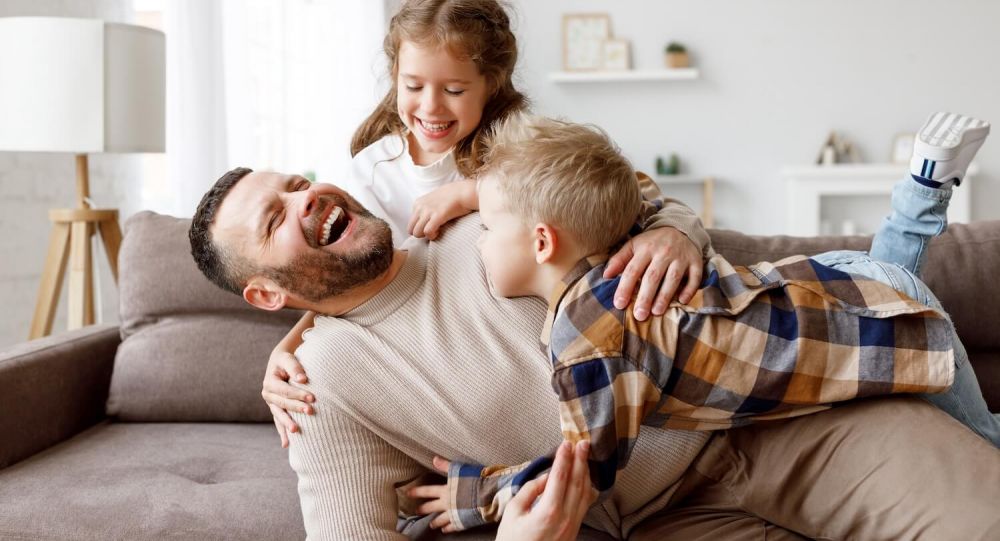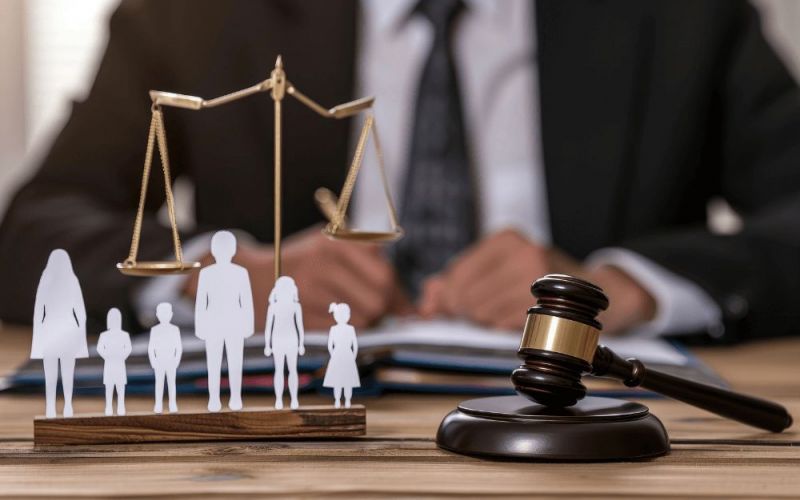Schedule Your Consultation Today!
866-323-7529
Acting now means taking the first step towards resolving your case quickly and efficiently. Let’s tackle your legal challenges together—sooner rather than later.
- Schedule Your Consultation Today!
- Abuse of Protection Orders
- Lifelong Ramifications
- Consequences of Violating a Protective Order
- How Long Do Protection Orders Last?
- Why Work With Cordell & Cordell
- Protect Your Children and Your Reputation. Take Action Now.
- Frequently Asked Questions
- A Partner for You

Protection Order Lawyers
- Schedule Your Consultation Today!
- Abuse of Protection Orders
- Lifelong Ramifications
- Consequences of Violating a Protective Order
- How Long Do Protection Orders Last?
- Why Work With Cordell & Cordell
- Protect Your Children and Your Reputation. Take Action Now.
- Frequently Asked Questions
- A Partner for You

Protection orders are unfortunately not uncommon in family law cases and are often used for strategic reasons.
The misuse of a protection order when going through a divorce is one of the more prevalent and unfortunate trends in family law. A system that was designed to protect against abuse is itself being abused.
The terminology of orders of protection varies by state (they can be called protection from abuse orders, domestic violence injunctions, etc.), but they are better known as tactical nuclear weapons.
When going through a divorce, particularly when children are involved and custody and visitation are in dispute, parties can become frustrated with the court process and the time and expense involved.
Unfortunately, this leads some people to resort to using orders of protection as an expedited means of obtaining custody of the children or exclusive possession of the marital home while their divorce case is pending.
If you are looking for legal help with protection orders, Cordell & Cordell can help. Get in touch with our team today to learn more about how we can help your case.
Abuse of Protection Orders

Protection orders are often entered on an “emergency” basis without notice to the defending party and then set for a full hearing date sometimes several weeks out. Courts do this to maintain the status quo until proper notice can be given to the now-restrained party and a hearing can be held.
All one party needs to do is tell a judge, under oath, facts sufficient to show that they, or their children, have been harmed or will be harmed if the protection order is not put in place.
With a small statement, the accused can be forced to leave the home, barred from parenting time, and prevented from contacting his children, including through phone and email. In an instant, his house and kids can be taken away from him.
In effect, the order becomes a de facto sole child custody order.
Lifelong Ramifications
Even if the allegations of abuse are found to be false and the protective order is dismissed at the full hearing, these clients are still victimized by the stigma that they are abusers.
Having an order of protection entered against you may affect your criminal history record, and many times, a protection order is visible on background checks for employment.
Therefore, the unnecessary or false orders entered result in persistent damage to the innocent father’s reputation, career prospects, financial status, and standing in the eyes of his children.
Of course, orders of protection have their place when protecting someone against abuse; no individual, man or woman, should be subjected to this in a relationship. However, this protection is abused and mostly for the accuser’s benefit.
Consequences of Violating a Protective Order

Violating a protective order can warrant serious consequences for the offender. Of course, the details of the consequences will vary based on how the order is violated and the frequency of the violation. A lot of violations can result in jail time, even if it is the first offense and the victim does not wish to press charges. Even if the victim is actively seeking contact with the subject of the order, the subject can still suffer consequences for violation.
Several factors can impact the severity of the punishment for a protective order violation, including the following:
- How many violations there have been
- Whether the defendant has a criminal record
- Whether the defendant has a record of violent criminal charges
- The nature and scope of any threats of violence.
How Long Do Protection Orders Last?

The duration of protection orders will vary based on the circumstances of the situation. They generally last about two years, but that can be longer or shorter based on what the court deems necessary for your case.
The following factors are considered when determining the duration of a protection order.
- The type of abuse
- The severity of harm inflicted by the defendant
- Whether or not children are involved
- Whether or not any kind of arrest was made
- The defendant’s history of abuse
- How likely it is that future abuse will occur.
Why Work With Cordell & Cordell
At Cordell & Cordell, we foster a communicative attorney-client relationship with clients. Our law firm takes an aggressive approach to legal issues in an effort to protect your rights and the future for you and your family members. Take a look at what some of our previous clients had to say about our services.
“Outstanding, very understanding, and caring.” — Aaron B.
“This firm has taken great care of me and is worth the money. Everything was exceptional.” — Christopher K.
Additional Resources
- The Importance of Avoiding a Restraining Order During Your Divorce: A restraining order can have serious consequences for you during the divorce process making it difficult to see your children or even enter your own home. Take a look at why you should avoid getting one.
- Changes to Custody, Spousal Support, and Paternity Laws: Laws around custody, spousal support, and paternity have changed quite a bit recently. It’s important to stay up to date to keep your family’s future protected.
- The Role of Children in Custody Litigation: A major factor in custody litigation is the feelings and status of the children themselves. Explore how they play an important role in litigation efforts.
Protect Your Children and Your Reputation. Take Action Now.

An unjust protection order filed against you can have intensely negative repercussions. At Cordell & Cordell, our experienced family law attorneys work hard to protect clients from this injustice and help protect your rights and your children. Our attorneys work with clients around the country to advocate. You can start by giving us a call at 866-323-7529 or by filling out our online contact form to schedule an initial consultation.
Frequently Asked Questions
A protective order is not a criminal case, so there is no attached criminal record, but they are entered in the Law Enforcement Information Network. Because of this, it is a matter of public record. This record can be used against the holder by making it more difficult to communicate with the petitioner and your children.
There are three different types of protection orders that apply to the vast majority of cases.
- Emergency Protection Order: This kind of protective order is designed to offer protection immediately and can be issued even when the courthouse is not officially open. They can be issued ex parte by a judge in cases where they suspect immediate danger. These types of orders have a short expiration period.
- Preliminary Protection Order: This type of protection order is the first step to obtaining a permanent order. It functions similarly to an emergency protection order, but you must make the petition yourself at the courthouse. These orders last up to 15 days or until the final protective order is issued.
- Permanent Protection Order: A permanent protection order is a court-issued order of protection that is put into effect after a full court hearing that both the claimant and alleged abuser attend. They typically last up to two years, but certain circumstances can extend it further.
Yes, there are ways to contest an unjust protection order. In fact, some parents will use an unjust protection order to gain custody of children unfairly. You have the right to request a hearing to contest the. It is essential that you receive the services of an attorney for this hearing to help your case be represented properly to the court.

Written by Joseph E. Cordell

Joseph E. Cordell is the Principal Partner at Cordell and Cordell, P.C., which he founded in 1990 with his wife, Yvonne. Over the past 25 years, the firm has grown to include more than 100 offices in 30 states, as well as internationally in the United Kingdom. Mr. Cordell is licensed to practice in the states of Illinois and Missouri and received his LL.M. from Washington University in St. Louis, Missouri. Joseph E. Cordell was named one of the Top 10 Best Family Law Attorneys for Client Satisfaction in Missouri.
Recent Articles










